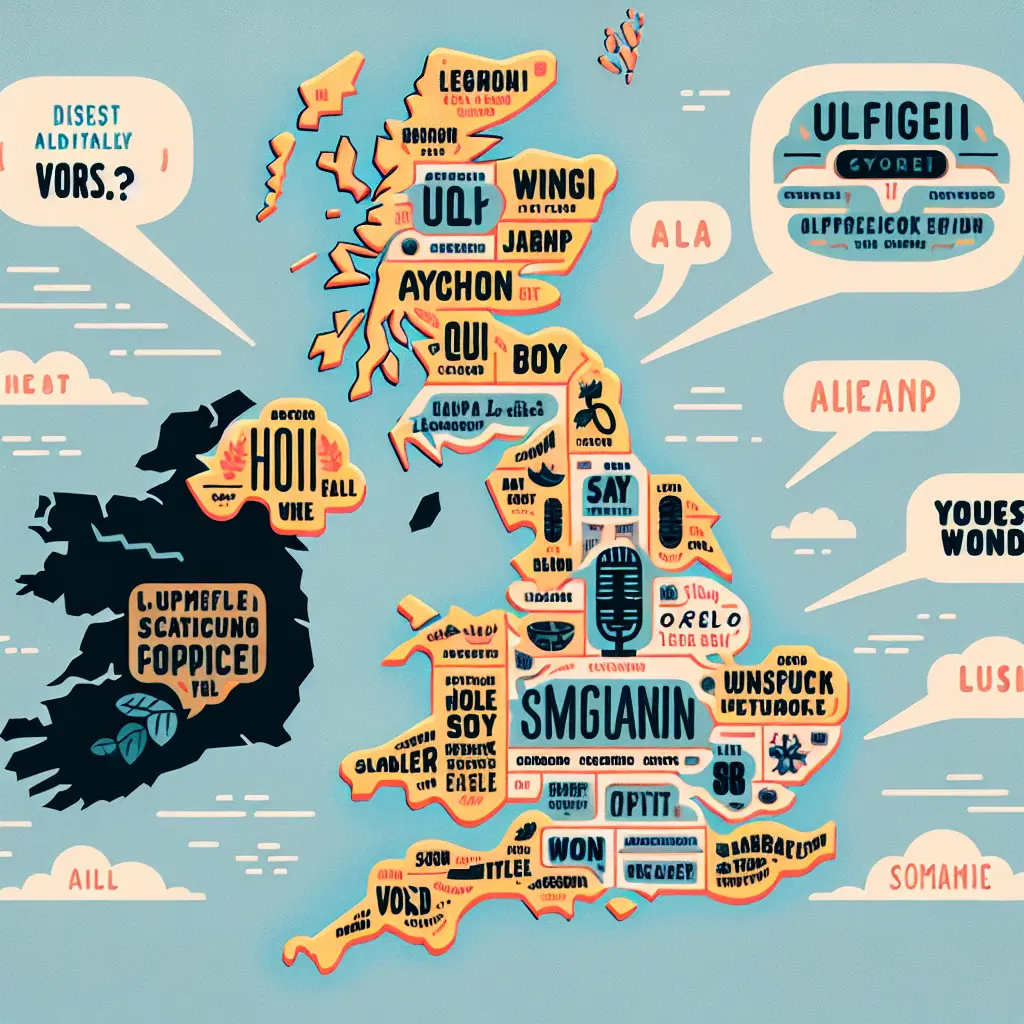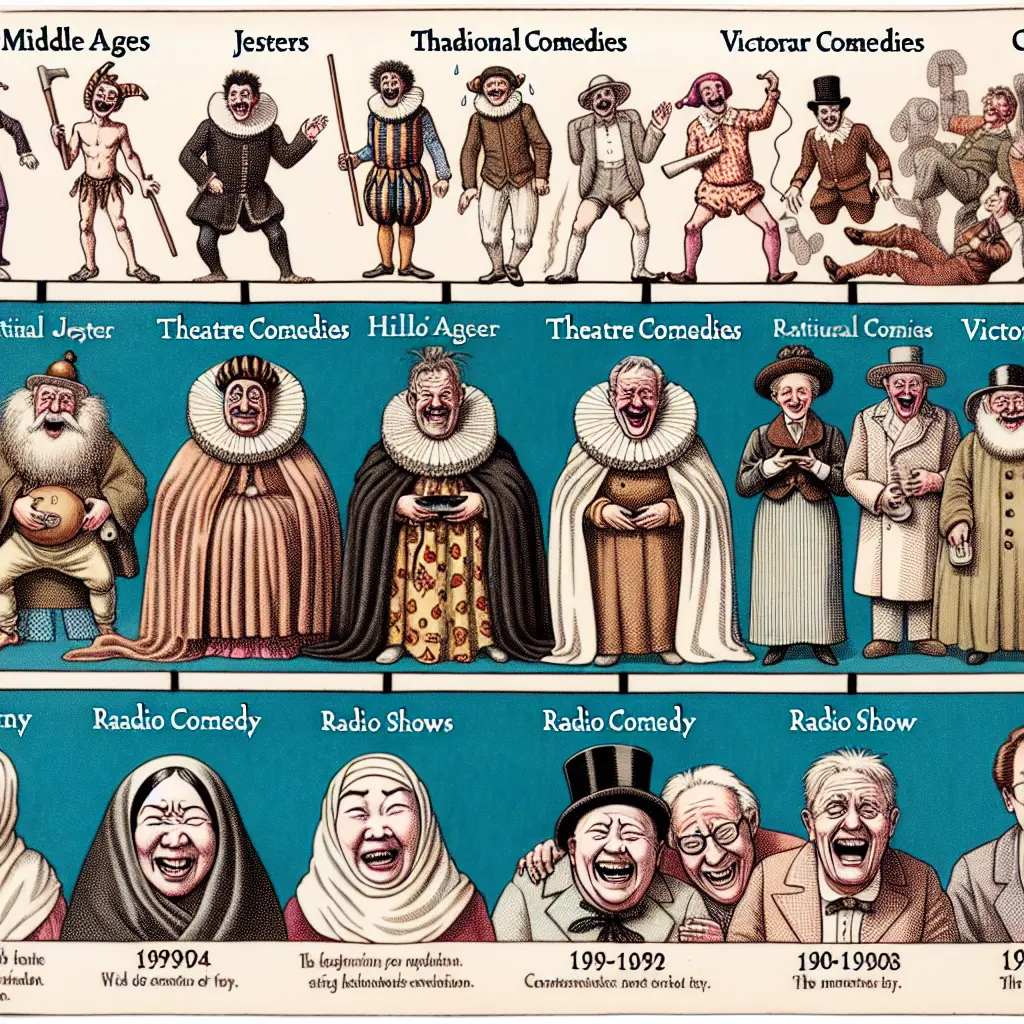The British Isles boast a tapestry of linguistic diversity, where each region's unique accent and dialect tell a story of cultural heritage and historical evolution. From the melodic Scottish accents in the north to the rhythmic tones of the Scouse accent in Liverpool, this vibrant landscape reflects the rich cultural diversity across the UK. Recent developments in conservation, technology, and global partnerships offer intriguing parallels to this intricate tapestry of British accents and dialects.
Scottish accents, renowned for their musicality and distinctiveness, echo through both the highlands and urban centers alike. These accents are integral to Scotland's identity, much like its landscapes. Similarly, Welsh accents carry a lilting quality that mirrors the country's lyrical heritage. Both accents exemplify the linguistic diversity the UK offers, serving as a testament to the cultural richness that defines the British Isles.
In England, regional accents like the Cockney accent from London’s East End or the Geordie accent from Newcastle reveal a tapestry woven with history and identity. The Cockney accent resonates with distinctive charm, often associated with resilience and wit. Meanwhile, the Geordie accent brings warmth to conversations, reflecting the welcoming nature of the northeast.
Liverpool's Scouse accent dances with a rhythm that is uniquely its own, contrasting with the broad vowels of the Yorkshire accent. The Mancunian accent adds another layer to this diverse soundscape, reflecting Manchester's industrial heritage and contemporary vibrancy. Each accent tells a story of regional pride, much like how Ramboll’s acquisition strengthens its Wind division by integrating expertise and enhancing project development capabilities.
The UK's linguistic diversity is further enriched by its Northern and Southern accents. Northern accents UK, including Glaswegian and Geordie, offer a rich variety of sounds that reflect Scotland's rugged landscapes and northern England's industrial legacy. In contrast, Southern accents UK, such as Received Pronunciation (RP) and Estuary English, embody a different facet of British culture.
Accent Differences UK: A Cultural Mosaic
Accent differences across the UK reveal a cultural mosaic that defines the British Isles. This diversity is not just about spoken differences; it encompasses cultural nuances and historical narratives. Received Pronunciation stands alongside Estuary English as examples of how language variation in the UK continues to evolve.
In today’s globalized world, linguistic diversity parallels challenges faced by multilingual political campaigns. Despite US voters speaking many languages, non-English campaigning remains risky due to cultural sensitivities and communication barriers, as highlighted in discussions about political strategies for Harris and Trump. Similarly, understanding UK dialects requires navigating cultural subtleties to appreciate their full depth.
Delving into British accents and dialects offers insights into how these voices contribute to the cultural mosaic that defines the British Isles. Whether exploring Northern or Southern accents UK, each accent embodies a distinct facet of British culture. This exploration fosters an appreciation for linguistic diversity UK and encourages us to discover how these accents resonate within their contexts and beyond.
As we navigate this rich tapestry, we are reminded of the parallels between linguistic heritage and broader global challenges—from conservation efforts like those surrounding the dodo to technological advancements in global wind energy initiatives. By embracing linguistic diversity, we can better appreciate the intricate web of history and culture that shapes identities across the UK.
Embracing the Rich Tapestry of UK Accents
As we conclude our exploration of UK accents and dialects, it's essential to appreciate how these diverse voices contribute to the cultural mosaic that defines the British Isles. Here are some key takeaways:
Scottish and Welsh Accents: Their musicality and distinctiveness echo cultural and historical narratives, highlighting the importance of linguistic heritage.
English Accents: From Cockney to Geordie, each accent reveals unique stories of resilience and identity, reflecting regional histories.
Regional Diversity: Accents like Scouse, Yorkshire, and Mancunian offer insights into local pride and historical contexts, from maritime influences to industrial innovation.
Northern and Southern Variations: These accents further enrich the UK's linguistic landscape, with Northern accents echoing rugged legacies and Southern ones like RP embodying cultural facets.
Cultural Mosaic: The accent differences across the UK form a tapestry not just of spoken language but also of deep-seated cultural and historical narratives.
In an increasingly globalized world, understanding and celebrating this linguistic diversity is crucial. Much like efforts in conservation or technological advancements, preserving these accents ensures future generations can appreciate the depth and richness of the UK's cultural heritage.










Leave a Comment